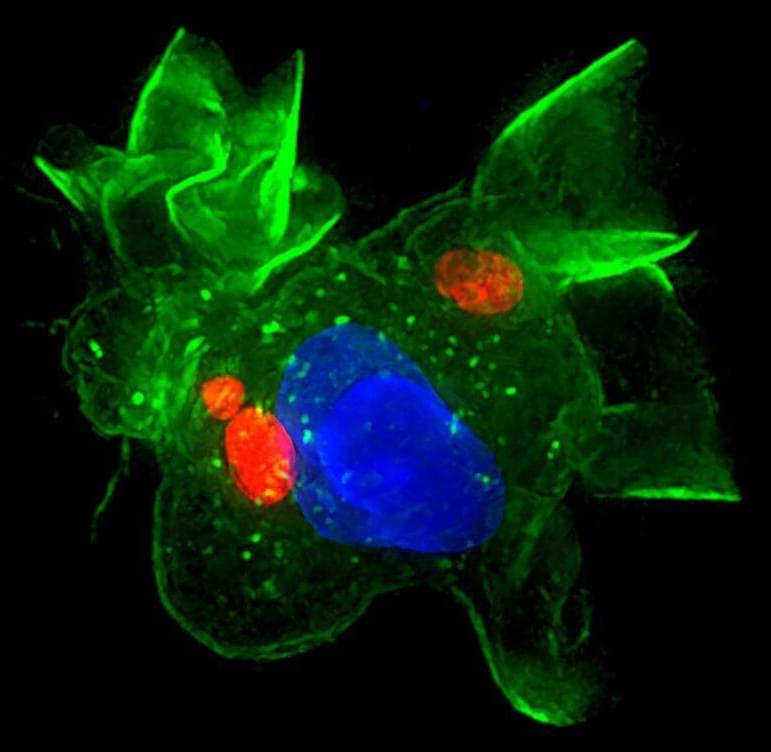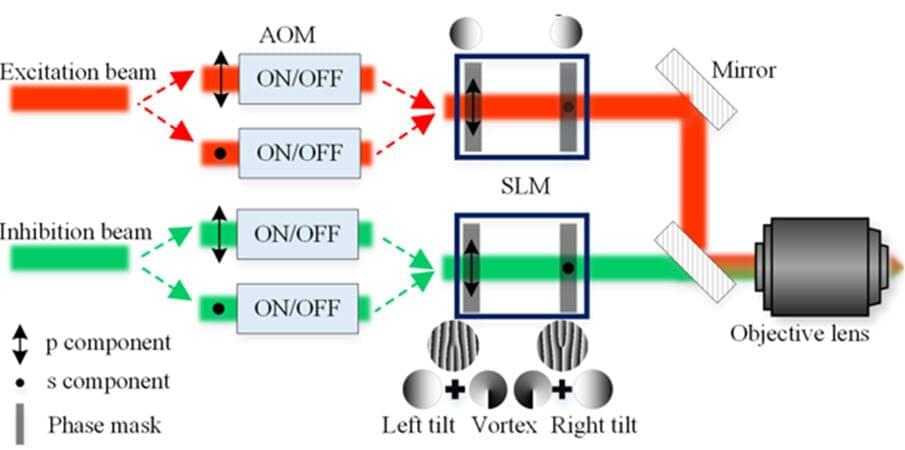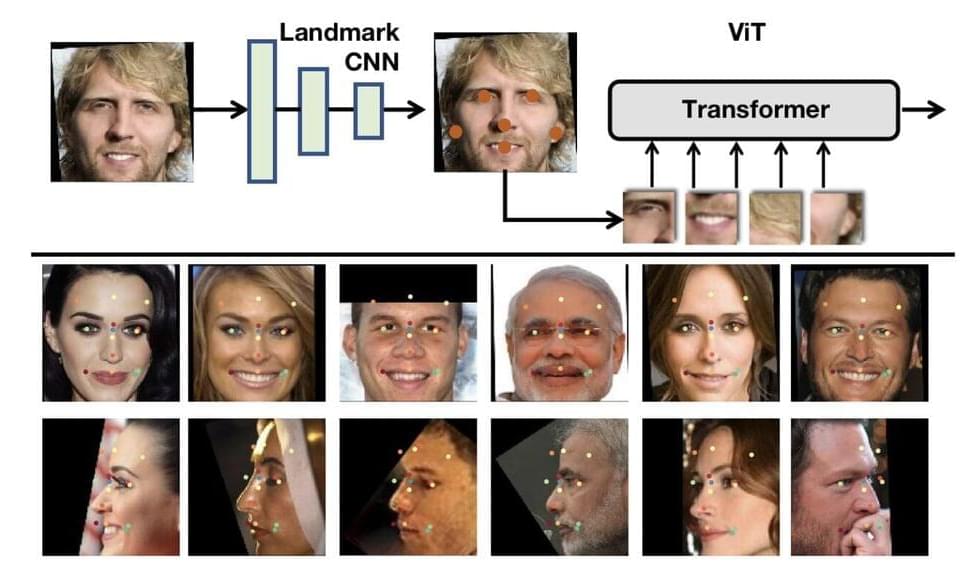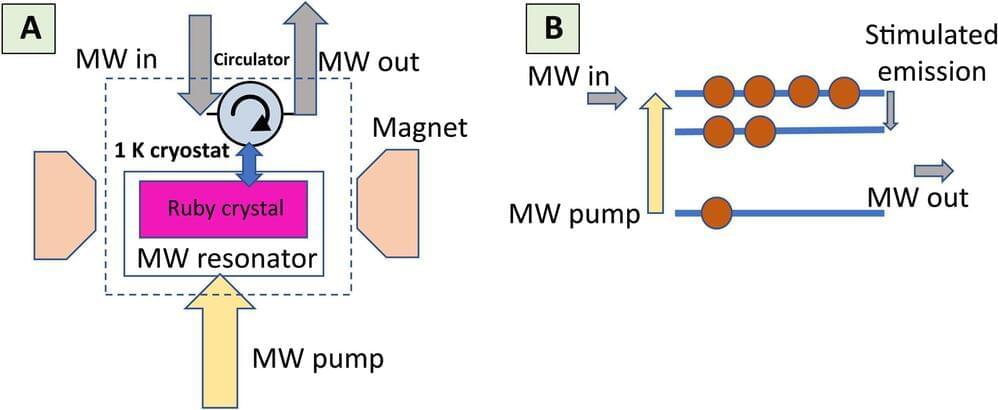Giving children the nasal flu vaccine may help protect them against strep A, according to analysis by the UK Health Security Agency.
UKHSA pilot scheme shows strep A infections lower in areas where nasal vaccine offered to all young children.

Giving children the nasal flu vaccine may help protect them against strep A, according to analysis by the UK Health Security Agency.
UKHSA pilot scheme shows strep A infections lower in areas where nasal vaccine offered to all young children.


😗
Billionaire Elon Musk has frequently spoken about his concerns about underpopulation. He has mentioned that people should focus on having more babies to resolve the problem of low birth rates and population collapse.
Earlier this year, Musk shared how the COVID-19 pandemic has resulted in a lower birth rate instead of the “baby boom” expected due to people being forced to stay indoors.
Now, a birthing facility could answer Musk’s concerns about the world’s low birth rates. The world’s first artificial womb facility, EctoLife, promises to produce customized babies.

A large portion of people on the planet is infected with the parasite Toxoplasma. Now, a study headed by scientists at Stockholm University demonstrates how this tiny parasite spreads so successfully throughout the body, for example to the brain. The parasite infects immune cells and hijacks their identity. The research was recently published in the journal Cell Host & Microbe.
The various roles of immune cells in the body are very strictly regulated in order to combat infections. How Toxoplasma infects so many people and animal species and spreads so quickly has long been a mystery to scientists.
“We have now discovered a protein that the parasite uses to reprogram the immune system”, says Arne ten Hoeve, a researcher at the Department of Molecular Biosciences, Wenner-Gren Institute at Stockholm University.

Bubbles are ubiquitous, existing in everything from the foam on a beer to party toys for children. Despite this pervasiveness, there are open questions on the behavior of bubbles, such as why some bubbles are more resistant to bursting than others. Now Francois Boulogne and colleagues from the University of Paris-Saclay have taken a step toward answering that question by measuring the temperature of the film surrounding a soap bubble, finding that it can be significantly lower than that of its local environment [1]. The team says that the result could help industrial manufacturers of bubbles better control the stability of their products.
On a sunny day, our bodies cool down by releasing energy into the environment through the evaporation of sweat. Soap films also release energy by losing liquid via evaporation. Researchers studying bubbles have tracked the evaporation of a soap film’s liquid content under different conditions. But those experiments all assumed that the film’s temperature matched that of the environment, an assumption the results of Boulogne and his colleagues challenge.
In their experiments Boulogne and colleagues created a soap bubble from a mixture made of dishwashing liquid, water, and glycerol. They then measured the soap film’s temperature under a variety of environmental conditions. They found that the film could be up to 8 °C colder than the surrounding air. They also found that glycerol content of the soap film impacted this temperature difference, with films containing more glycerol having higher temperatures. Boulogne says that such a large temperature difference could impact bubble stability. But, he adds, further experiments are needed to corroborate that idea.

Peripheral photoinhibition (PPI) direct laser writing (DLW) is a lithography technique used to fabricate intricate 3D nanostructures that are widely employed in photonics and electronics. PPI-DLW uses two beams, one to excite the substrate and cause polymerization and the other to inhibit and quench the excitation at the edges. The capacity is limited in some systems, which can be improved through multifocal arrays. However, computing these beams is both time-and memory-intensive.
Recently, a group of researchers from Zhejiang University developed a parallel peripheral-photoinhibition lithography (P3L) system that can achieve higher efficiency nanoscale fabrication. Their work is published in Advanced Photonics
“The P3L system uses two channels, which allows the execution of different printing tasks and permits the system to fabricate highly complex structures with different periodicities,” says senior author Xu Liu.

Face recognition tools are computational models that can identify specific people in images, as well as CCTV or video footage. These tools are already being used in a wide range of real-world settings, for instance aiding law enforcement and border control agents in their criminal investigations and surveillance efforts, and for authentication and biometric applications. While most existing models perform remarkably well, there may still be much room for improvement.
Researchers at Queen Mary University of London have recently created a new and promising architecture for face recognition. This architecture, presented in a paper pre-published on arXiv, is based on a strategy to extract facial features from images that differs from most of those proposed so far.
“Holistic methods using convolutional neural networks (CNNs) and margin-based losses have dominated research on face recognition,” Zhonglin Sun and Georgios Tzimiropoulos, the two researchers who carried out the study, told TechXplore.

In physics, weak microwave signals can be amplified with minimal added noise. For instance, artificial quantum systems based on superconducting circuits can amplify and detect single microwave patterns, although at millikelvin temperatures. Researchers can use natural quantum systems for low-noise microwave amplification via stimulated emission effects; however, they generate a higher noise at functionalities greater than 1 Kelvin.
In this new work, published in the journal Science Advances, Alexander Sherman and a team of scientists in chemistry at the Technical-Israel Institute of Technology, Haifa, used electron spins in diamond as a quantum microwave amplifier to function with quantum-limited internal noise above liquid nitrogen temperatures. The team reported details of the amplifier’s design, gain, bandwidth, saturation power and noise to facilitate hitherto unavailable applications in quantum science, engineering and physics.

Researchers discovered a new daily rhythm in a kind of synapse that dampens brain activity using a mouse model. These neural connections, known as inhibitory synapses, are rebalanced as we sleep to allow us to consolidate new information into lasting memories. The results, which were published in the journal PLOS Biology, may help explain how subtle synaptic changes improve memory in humans. Researchers from the National Institute of Neurological Disorders and Stroke (NINDS), which is part of the National Institutes of Health, led the study.
“Inhibition is important for every aspect of brain function. But for over two decades, most sleep studies have focused on understanding excitatory synapses,” said Dr. Wei Lu, senior investigator at NINDS. “This is a timely study to try to understand how sleep and wakefulness regulate the plasticity of inhibitory synapses.”
Kunwei Wu, Ph.D., a postdoctoral fellow in Dr. Lu’s lab, investigated what occurs at inhibitory synapses in mice during sleep and wakefulness. Electrical recordings from neurons in the hippocampus, a brain region involved in memory formation, revealed a previously unknown pattern of activity. During wakefulness, steady “tonic” inhibitory activity increased but fast “phasic” inhibition decreased. They also discovered a far larger activity-dependent enhancement of inhibitory electrical responses in awake mouse neurons, suggesting that wakefulness, rather than sleep, might strengthen these synapses to a greater extent.
This Video Explains SMALL NUCLEOLAR RNA (snoRNA).
Thank You For Watching.
Please Like And Subscribe to Our Channel: https://www.youtube.com/EasyPeasyLearning.
Like Our Facebook Page: https://www.facebook.com/learningeasypeasy/
Join Our Facebook Group: https://www.facebook.com/groups/460057834950033
Support Our Channel: https://www.patreon.com/supereasypeasy